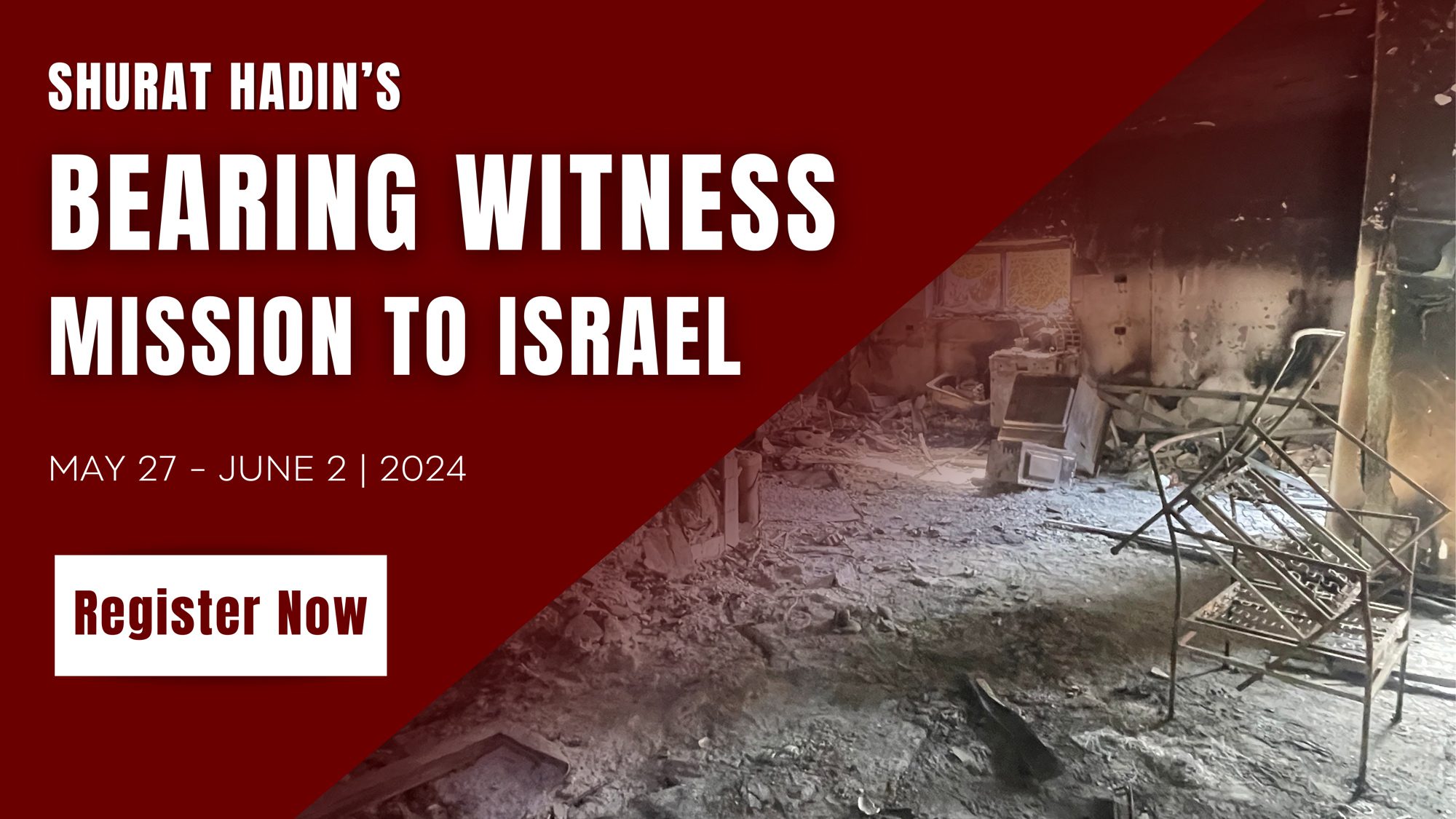During the summer of 2006, Hezbollah fired thousands of rockets into Israel from Lebanon.
These rockets lacked an Internal Guidance System, and therefore the only way for Hezbollah to aim the rockets accurately was to rely on information provided to them about where the rockets had landed. Al Jazeera TV repeatedly broadcast real-time information concerning the landing of rockets, despite having been requested by Israeli authorities to abstain from broadcasting such information. Al Jazeera’s real-time information enabled Hezbollah to re-adjust their targeting mechanisms, resulting in more precise and deadlier missile attacks against Israel, in which 91 Americans, Canadians and Israeli civilians were either injured or killed.
Plaintiff Chaim Kaplan was severely injured by two rockets that were fired by Hezbollah at the northern Israeli town of Safed. The first rocket landed near Chaim’s car, severely injuring him. The second rocket hit the Kaplan’s family home, and severely injured Chaim’s wife Rivka Kaplan, as well as the couple’s minor children plaintiffs.
On July 12, 2010, the plaintiffs who were injured or killed by Hezbollah rockets, including Chaim Kaplan, filed a suit against Al Jazeera in the Southern District Court of New York (SDNY) for violations of the Antiterrorism Act (ATA), the Alien Tort Claims Act, war crimes, and Israel’s Civil Wrongs Ordinance for negligence and vicarious liability, seeking $1.2 billion in damages. In June 2011, the SDNY dismissed the Plaintiffs’ federal claims and did not exercise jurisdiction over the Plaintiff’s Israeli claims.
Plaintiffs’ primary federal claim under the ATA was dismissed due to their failure to sufficiently demonstrate the element of intent and proximate cause necessary for the claim to succeed. Plaintiffs’ claim was simply that Defendant broadcast information that may have been helpful to Hezbollah in achieving its organizational goals. Specifically, the Plaintiffs did not adequately prove that (1) that Al Jazeera intended for Hezbollah to view its broadcasts; (2) that Hezbollah actually viewed Defendant’s broadcasts; and (3) that Defendant knew that Hezbollah was viewing its broadcasts.
The SDNY didn’t exercise jurisdiction over the Plaintiff’s Israeli claims, because both Defendant and Plaintiffs had stated in their submissions that they prefer that the Court not exercise supplemental jurisdiction over Plaintiffs’ Israeli law claims, in the event that all of Plaintiffs’ federal claims are dismissed.


